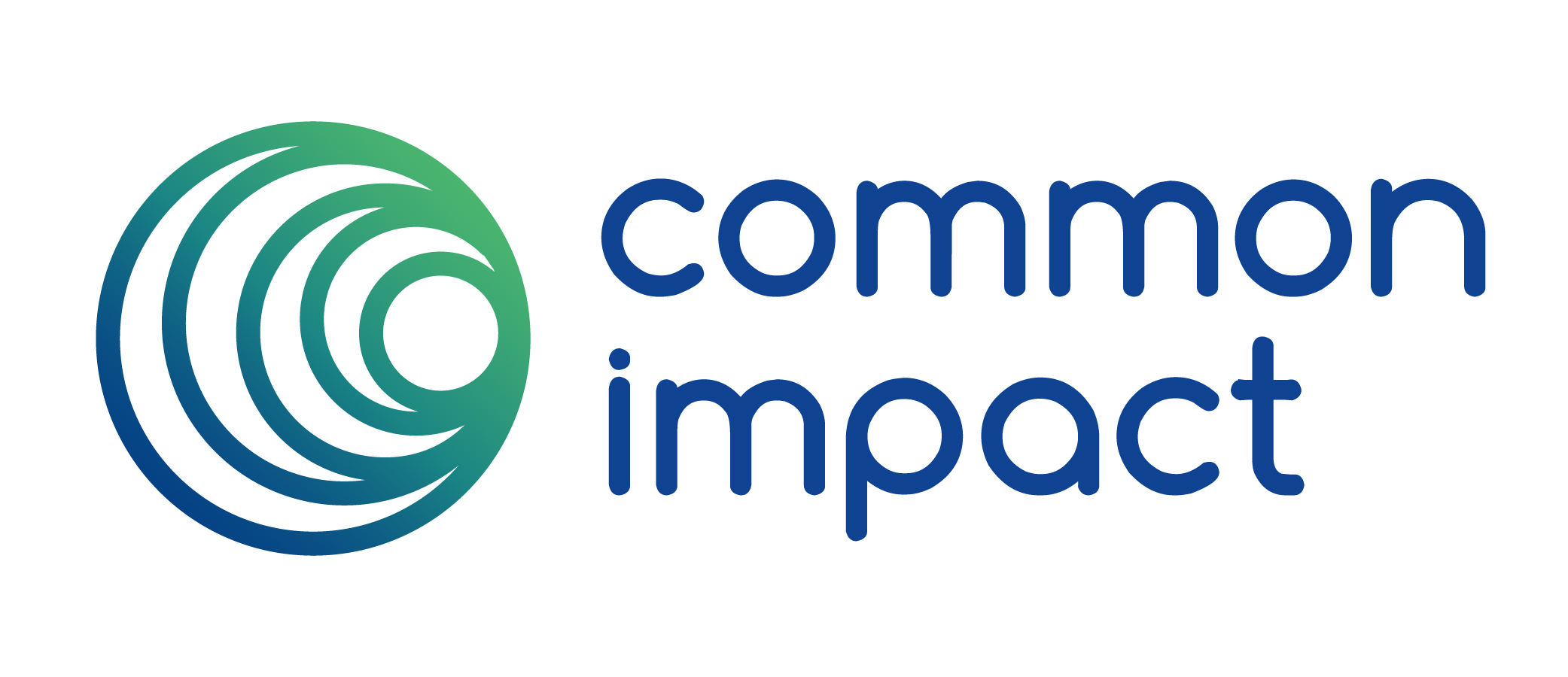Empowering a Purpose-Driven Workforce Through Volunteerism: A Skills-Based Perspective

Originally published on commonimpact.org
Workplace trends, like the employee engagement crisis and the growing attention to companies’ responsibilities towards sustainability and corporate citizenship, reflect a workforce that increasingly values purpose-driven initiatives and social engagement from employers and brands. 63% of employees surveyed for the Edelman Trust Barometer Report Global Report said they buy or advocate for brands based on their beliefs and values, while 69% regard social impact as a key factor when assessing a company as a potential employer. Employees and consumers are pressing for meaningful, responsible corporate behavior aligned with their core values.
Corporate Trends Fueling Social Impact
Millennials and Gen Zs are increasingly driving the demand for greater social impact in today’s workforce. According to a 2024 Deloitte Report of over 22,841 respondents across 44 countries, 86% of Gen Z and 89% of Millennials say having a sense of purpose is important to their overall job satisfaction and well-being.
Companies have integrated numerous employee well-being and employee engagement programs to address these needs, but recent research found that most did little to improve employee outcomes—except for volunteering. In addition to generating positive social impact, volunteering opportunities can improve workers’ well-being through an increased sense of purpose, belonging, and accomplishment. Volunteering—especially skills-based—also creates and develops essential workplace skills. Volunteers report lower levels of depression, greater life satisfaction, and a heightened sense of purpose. What this means for employers is that fostering a culture of giving contributes to a healthier and more resilient workforce, ultimately leading to higher productivity, lower turnover, and a more engaged team.
More individuals have realized the power of their lived experience, expertise, and skills in making a difference, sparking a surge in volunteerism. Over 470+ companies surveyed in a recent Benevity report noted that participation in volunteering soared in the last three years, with a 57% year-over-year increase. With hybrid work as the new normal, more companies offer flexible volunteering opportunities as a strategy to create a connected workforce. Skills-based volunteering, in particular, creates a sense of purpose and engages employees by building connections across departments, locations, and the nonprofit community.
How Corporate Expertise Boosts Nonprofit Success
By offering skills-based volunteering services, companies enable nonprofits to streamline operations while giving employees opportunities to support causes they are passionate about. Volunteers utilize their specialized knowledge and expertise to help nonprofits develop effective short-term and long-term solutions, significantly boosting organizational capacity and enhancing efficiency and effectiveness by 28% compared to traditional volunteers.
We see this firsthand through our skills-based volunteering programs. JPMorgan Chase Service Corps provided three months of pro bono consulting to Hot Bread Kitchen, a leading nonprofit that provides essential tools for aspiring job seekers to evolve into skilled food workers and entrepreneurs. Hot Bread Kitchen’s CEO, Leslie Abbey, conveyed her delight in the Service Corps volunteer team’s engagement, thoughtfulness, and expertise: “We were so impressed by the thoughtful and engaged ideas, especially that they incorporated our staff’s feedback and considered our organization’s resources. As we grow, these professional development plans and concepts will strengthen Hot Bread Kitchen’s operations.”
Empowering Employees: Personal Fulfilment and Professional Growth
Volunteering is often seen as a selfless act, but for many, it also brings significant personal and professional rewards. Michelle Barbin, an empathic individual passionate about lending her skills to resource-strapped nonprofits, is usually the first to raise her hand to participate in Blue Cross Blue Shield of Massachusetts’s skills-based volunteering programs to support health justice nonprofit partners. Barbin describes reaping career growth benefits while enjoying the fulfilling experience of strengthening a nonprofit’s marketing campaign.
Barbin’s experience mirrors findings from broader research on skills-based volunteering. Common Impact’s survey of 1,200 corporate skills-based volunteers revealed they viewed their experience as a valuable professional development opportunity. Participants noted their creative thinking, presentation, project management, and teamwork skills improved due to skills-based volunteering events. After participating in our skills-based volunteer programs, 96% of survey respondents feel positive about their employer and are more likely to recommend their company as a great place to work. Ares management reports that of the 5,150 full-time employees surveyed across five countries, when asked about the impact of their workplace volunteering initiatives (including skills-based volunteering), they report higher levels of personal fulfillment, morale, and alignment with the organization’s mission and values. These findings highlight how skills-based volunteering positively impacts personal growth and workplace culture.
A Catalyst for Corporate Social Responsibility
Volunteering isn’t just about creating goodwill with nonprofits and stakeholders. It also gives companies a chance to learn about community issues and support leaders working on causes like food justice, conservation, and financial literacy. By understanding nonprofit needs, companies can tailor their support and build strong relationships that contribute to creating a better society.
Skills-based volunteering enables employees to apply their expertise, supports nonprofits, and drives positive social change, playing a crucial role in corporate citizenship strategies. Our feedback data showed that 82% of our corporate clients rated our skills-based volunteering collaborations as an effective way to meet their company’s social impact and talent development goals. More companies are recognizing the power and benefits of creating opportunities for their employees to get involved in purposeful projects. Shea Pease, Corporate Citizenship Program Manager at Famers Insurance, shared, “Skills-based volunteering allows our employees to leverage their professional expertise for social good, creating a meaningful impact for the nonprofits we are privileged to work with. It enhances employee morale and satisfaction while fostering leadership development, collaboration, and innovation within our workforce. Simultaneously, skills-based volunteering has filled a needs gap for our nonprofit partners, offering them our expertise to solve their real-world problems.”
The way companies approach social responsibility is changing. Now, more than ever, employees and customers want companies to prioritize making a positive impact. Skills-based volunteering is a powerful way for companies to achieve this. Companies drive meaningful change in communities by using employees’ professional skills to help nonprofits tackle community challenges and boost employee satisfaction, professional development, and overall effectiveness. Skills-based volunteering has the potential to make a significant impact on social causes and promote an engaged workforce.
For more social impact content like this, follow us on LinkedIn and sign-up for our monthly newsletter. Ready to learn more about skills-based volunteering? Reach out.

